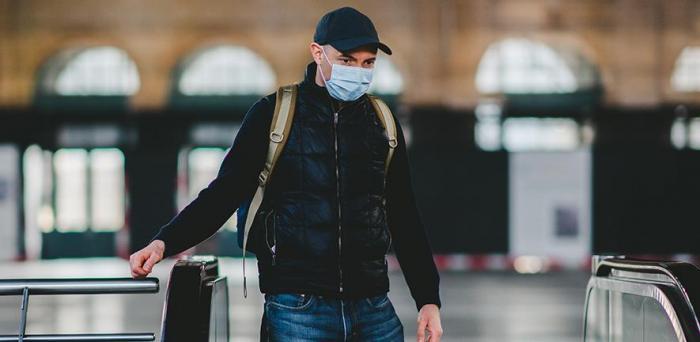Writing in BMJ Analysis, the researchers say that the concept of ‘risk compensation’ is itself the greater threat to public health as it may discourage policymakers from implementing potentially effective measures, such as wearing face coverings.
Wearing face coverings, particularly in shared indoor spaces, is now mandated or recommended in more than 160 countries to reduce transmission of SARS-CoV-2, the virus that causes COVID-19. Worn correctly, face coverings can reduce transmission of the virus as part of a set of protective measures, including maintaining physical distance from others and good hand hygiene.
While it is not clear how much of an effect face coverings have, scientists have urged policymakers to encourage the wearing of face coverings because the risks are minimal while the potential impact is important in the context of the COVID-19 pandemic.
However, early in the pandemic, the World Health Organization warned that wearing face coverings could “create a false sense of security that can lead to neglecting other essential measures such as hand hygiene practices”. This type of behaviour is known as ‘risk compensation’.
A team led by Professor Dame Theresa Marteau at the Behaviour and Health Research Unit, University of Cambridge, has examined the evidence for risk compensation to see whether concerns might be justified in the context of face coverings to reduce transmission of SARS-CoV-2.
Image: Man wearing face covering to protect against COVID-19
Credit: Claudio Schwarz
Reproduced courtesy of the University of Cambridge
